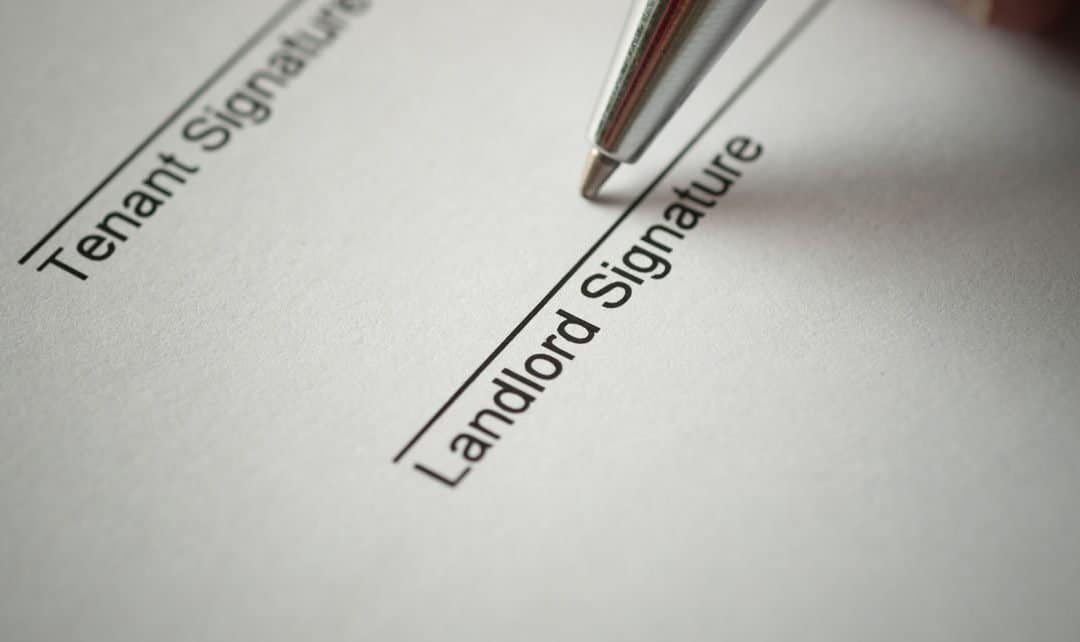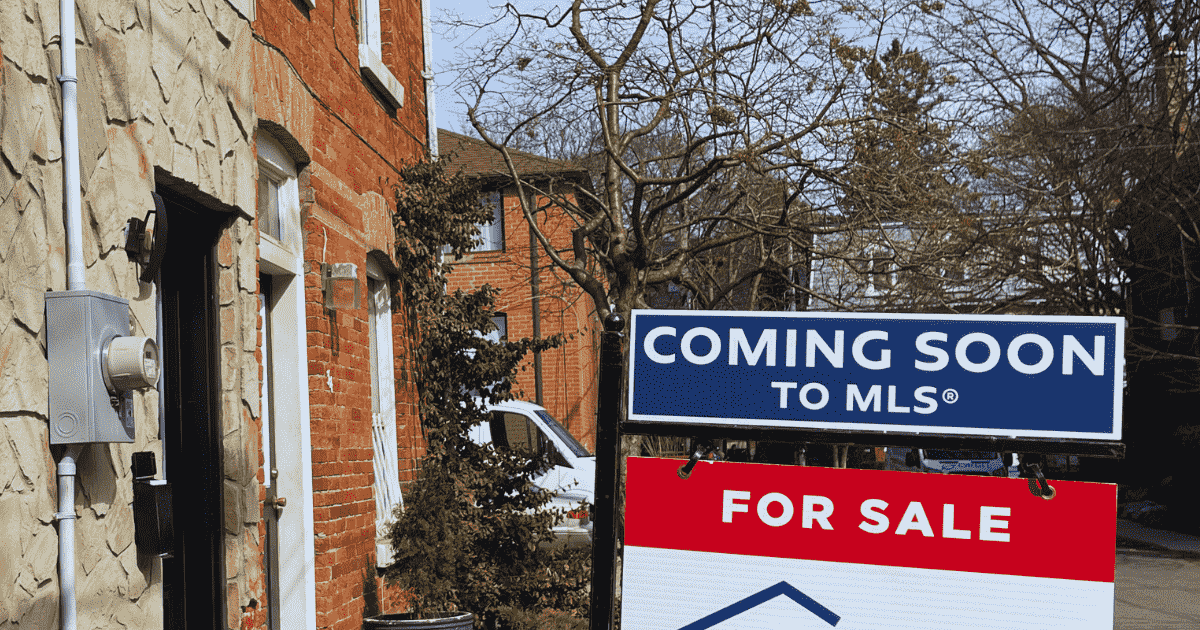A new CIBC poll says Canadians who own a rental property earn about $2,189/month – 50 per cent more than their monthly costs – and those who rent out space in their home offset their housing costs by 70 per cent.
“High housing costs and the growing appetite for additional revenue streams make renting out space a popular choice, especially among younger Canadians,” says Jamie Golombek of CIBC Financial Planning and Advice. “While most homeowners believe the tax benefits alone make an income property a worthwhile investment, it’s critical to understand how it fits into your overall financial plan and be mindful of all of the tax implications of going this route so you can make the most of the venture.”
In a new report, Golombek and colleague Debbie Pearl-Weinberg address some of the tax considerations for homeowners currently earning or planning to earn rental income.
Key poll findings:
- More than one in four (26 per cent) Canadian homeowners are already landlords (15 per cent) or plan to earn (11 per cent) rental income by letting out space in their primary residence or from a separate rental property
- Almost two-thirds (64 per cent) of current landlords own one or more investment properties used exclusively for rental income
- $2,189 is the average amount they earn in income each month
- $1,461 is the average amount they spend on expenses each month
- Nearly a third (31 per cent) of current landlords rent out a portion of their primary residence for long-term (22 per cent) or short-term stays (nine per cent)
- $1,287 is the average amount they earn in income each month
- $1,888 is the average amount they spend on their total household expenses each month
- 72 per cent of all homeowners believe investing in real estate is an excellent way to earn supplemental income
- 37 per cent of homeowners say they would opt for a home with a source of rental income if buying a home today
The poll findings reveal that Canadians aged 18-34 are more apt to be landlords than any other age group. Almost half (47 per cent) of millennial homeowners are already landlords (30 per cent) or plan to be (17 per cent), compared to only 29 per cent of homeowners aged 35-54 and 12 per cent of those aged 55+.
Moreover, if buying a home today, twice as many millennial homeowners than boomers say they would opt for a home with a source of rental income, at 54 per cent and 25 per cent respectively.
More than half (55 per cent) of millennial landlords own a property exclusively for rental purposes, while 40 per cent rent out a portion of their home for extended stays of a year or more (30 per cent) or short stays (10 per cent).
Among those who let out a portion of their home, an almost equal number cite additional or surplus income for spending on non-essentials (29 per cent) and to offset mortgage or housing costs (26 per cent) are their top reasons for sharing their space.
“Younger Canadians are more open to sharing their space because they see it as financially advantageous,” says Scott McGillivray, a real estate investor, contractor and television personality. “There’s definitely a shift in attitudes and a growing interest in income properties, in part driven by a desire to offset high housing costs, but also because it can be a smart way to create extra income and build wealth.”
The survey finds that the majority (80 per cent) of homeowners agree that renting out space in their home makes financial sense but value their time and privacy too much to pursue it. Further, 30 per cent of landlords say their top concern is dealing with unexpected costs for maintenance and repairs.
Despite this, more than half of landlords (52 per cent) believe it’s “worth the headache”. Among those who own a separate rental property, half say their top reason to invest is to generate passive income now (22 per cent) or in retirement (28 per cent). Another 20 per cent have invested for long-term property appreciation, and only 14 per cent cite future occupancy by themselves or their children as their main reason to invest.
Further, 74 per cent of landlords believe that even with a negative cash flow, the benefits of tax deductions alone make owning an income property a good investment, but Golombek warns that if expenses exceed income on a consistent basis, you may not be able to claim those deductions.
“Being a landlord can be financially rewarding, but it’s not easy money, and would-be landlords often underestimate the taxes they’ll pay on rental income and may overestimate what deductions they can claim,” says Golombek. “It’s important to be clear on what can and can’t lower your overall tax bill.”
While landlords who own a separate income property can deduct both capital expenses (renovations, real estate commissions) over time and current expenses (insurance, interest) immediately, those who share their primary residence with a tenant can deduct only a portion of their expenses, which relate specifically to the rental area.
The poll also found that most (69 per cent) landlords admit they would discount the rate if renting to family and friends, but Golombek warns that this could limit the ability to deduct expenses or claim a loss from a tax perspective.
“It’s well worth your time up front to consult with a team of experts including your financial advisor, lawyer and Realtor to be clear about the perks and perils before jumping in,” he says.















